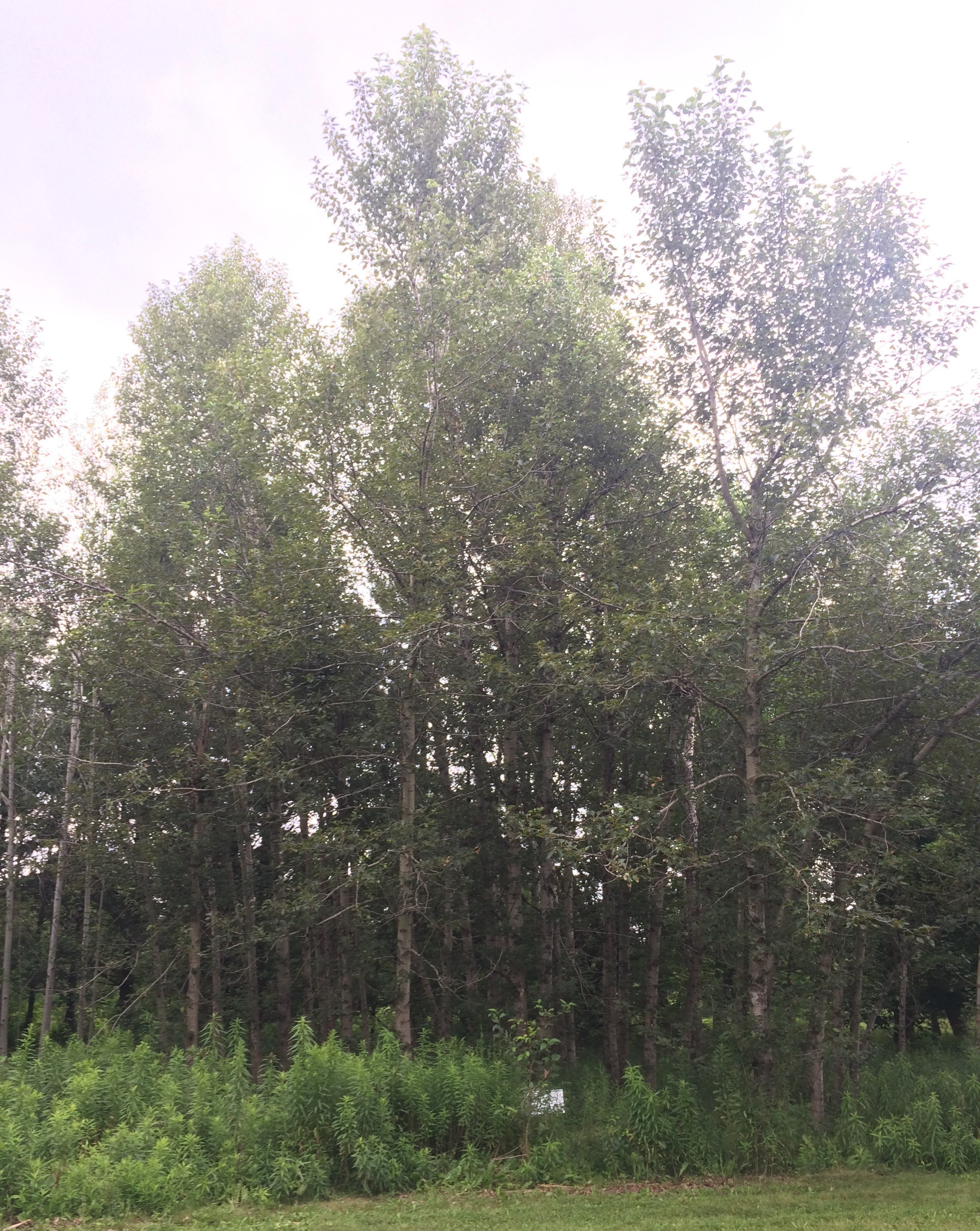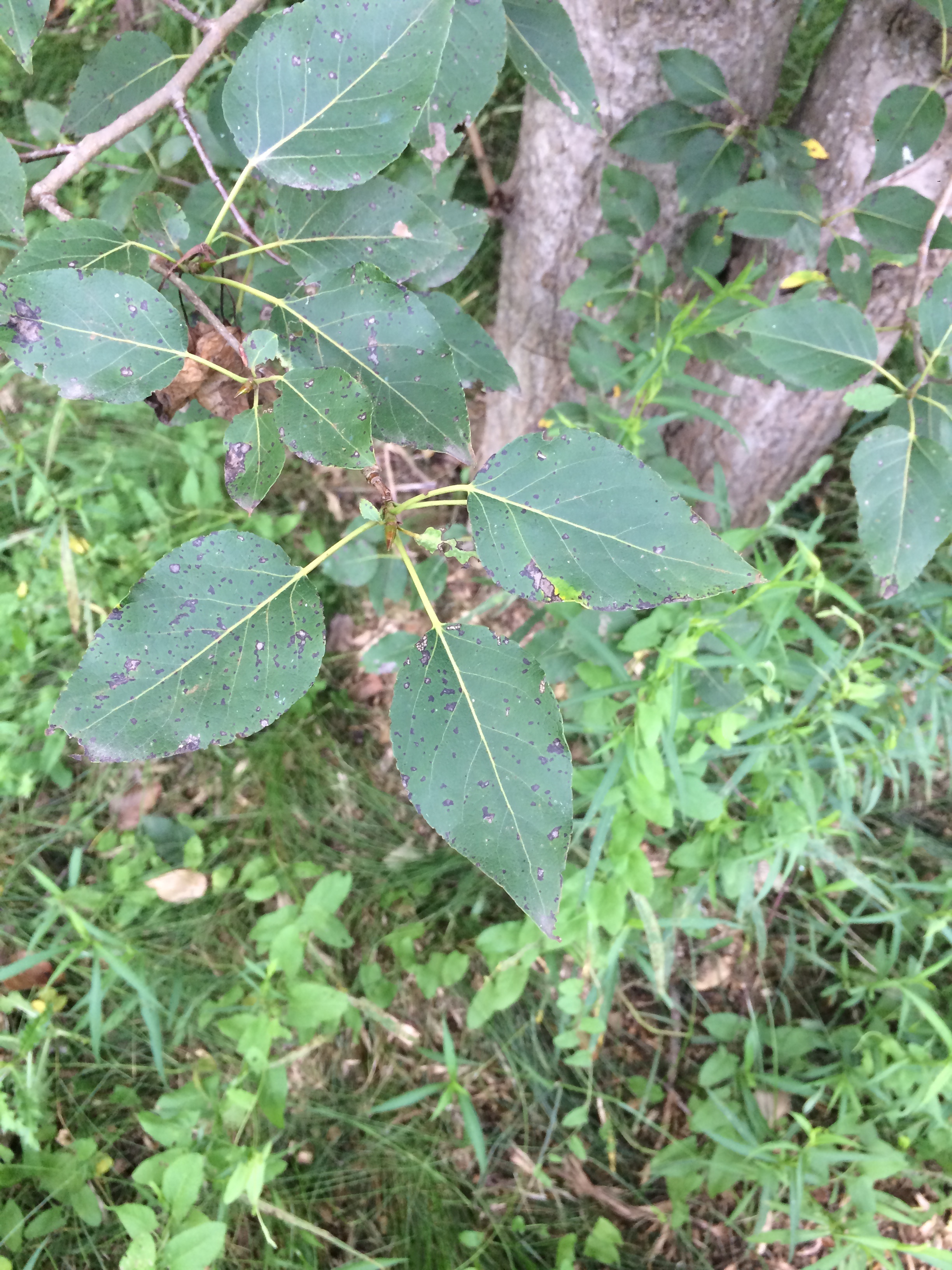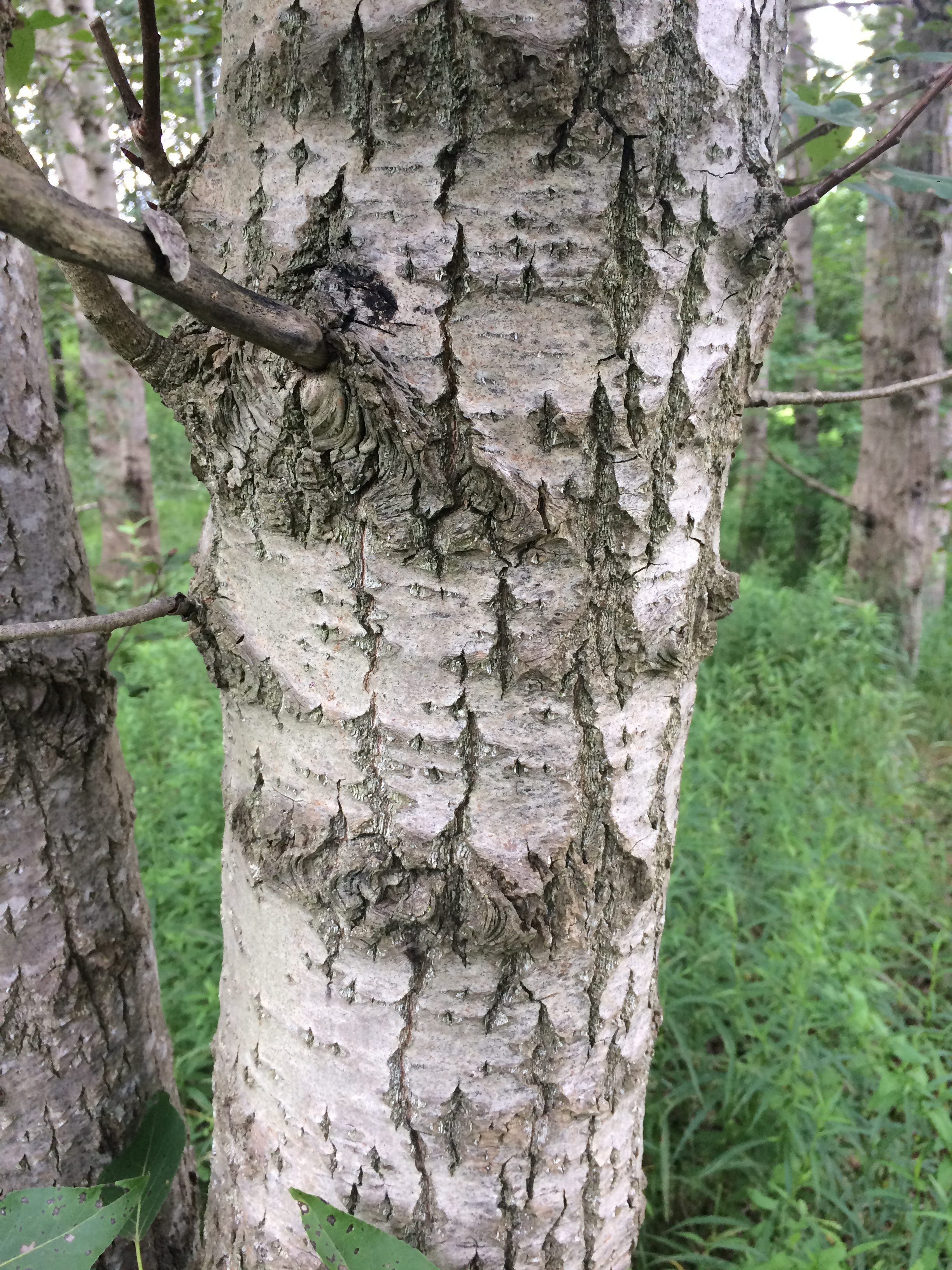Balsam Poplar, Eastern Balsam Poplar
Populus balsamifera
Description
Populus balsamifera, or balsam poplar, native to Ontario, is a fast-growing tree perfect for rural areas, windbreaks, and naturalized landscapes on the edges of swampy ground. Thriving in full sun and moist, well-drained soil, it provides quick shelter for shade-tolerant species like hemlock and white pine. While balsam poplar can be messy with large leaf drops and cottony seed fluff, its rapid growth and hardiness make it an excellent choice for wind protection and habitat. Balsam poplar is native to a broad area of North America, extending from Newfoundland and Labrador across Canada, into Alaska, and south into the northern and eastern United States.
Planting Site and Native Range
Planting Site
Naturalization, Parks, Highway, Residential
Tree Characteristics
Growth Rate
Fast (60cm or more per year)
Width
12 - 23m
Height
21 - 30m
Soil Quantity
>30 m3
Leaves
Evergreen
Insects and Diseases
Insects and Diseases
Poplars in general have many pests and diseases that influence its appearance, preformance and survival. These pests include Forest Tent Caterpillar, Poplar Petiolegall Aphid, Poplar Sawfly, Poplar Vagabond Aphid and canker.
Tree Tolerances
Soil Salt Tolerance
Tolerant
Salt Spray Tolerance
Tolerant
Flooding Tolerance
Moderate
Drought Tolerance
Moderate
pH Tolerance
Tolerant of acid to alkaline soil (5.0 to 8.0)
Shade Tolerance
Full Sun
Plant Hardiness Zone
Zone 2 (a/b) | Zone 3 (a/b) | Zone 4 (a/b) | Zone 5 (a/b) | Zone 6 (a/b)
Management Notes
Management Notes
Wood is brittle and vulnerable to storm breakage
Contact us:
info@vinelandresearch.com








